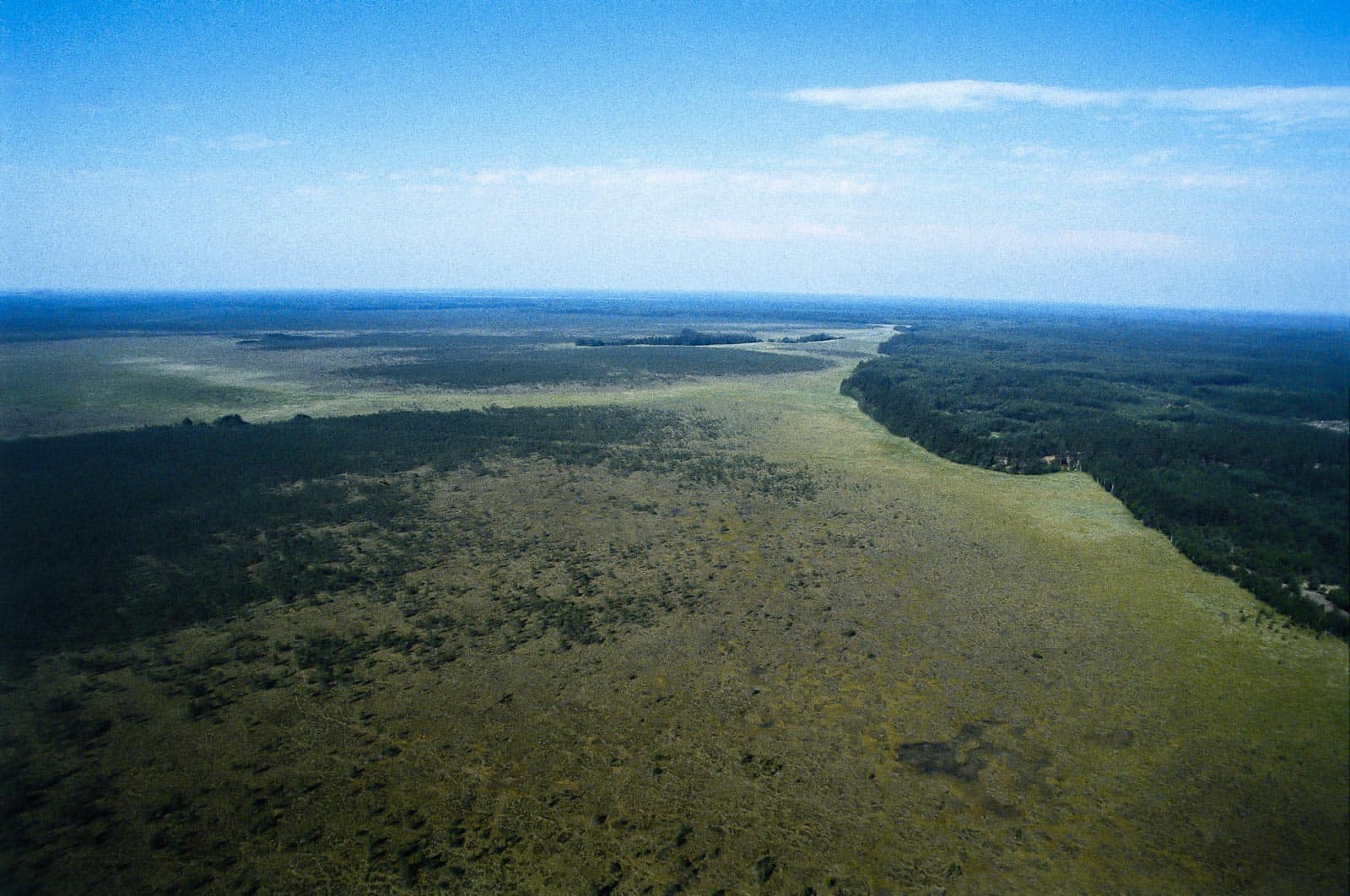The future of the Iberian wolves
The wolves on the Iberian Peninsula, in Spain and Portugal, form a unique population of wolves in Europe. The future of the population is under high pressures, as legal killing of wolves continues to exist. A new study once again confirms that this lethal management affects the population recovery of Iberian wolves.
Please also read: How Spain brutally reduces its wolf population
Isolated from exchange
The Iberian wolf population was at its lowest number in the mid-20th century, when hunters (and poachers) killed them by the dozens. Since the increased protection status, many populations across Europe have increased in size again. Yet, the Iberian population does not seem to have this trend. The population remains isolated from other wolf populations, nor does it seem to expand much into new territory.
Hunters in Portugal cannot shoot wolves, due to the strict protection. On the other hand, hunting and culling occurs in Spain. A newly published study from Quevedo et al., assessed the impact of hunting on the population. Just between 2008 and 2013, not a single wolf was killed in Portugal. Meanwhile, hunters killed 623 legally in Spain, of which 29 even in strictly protected areas.
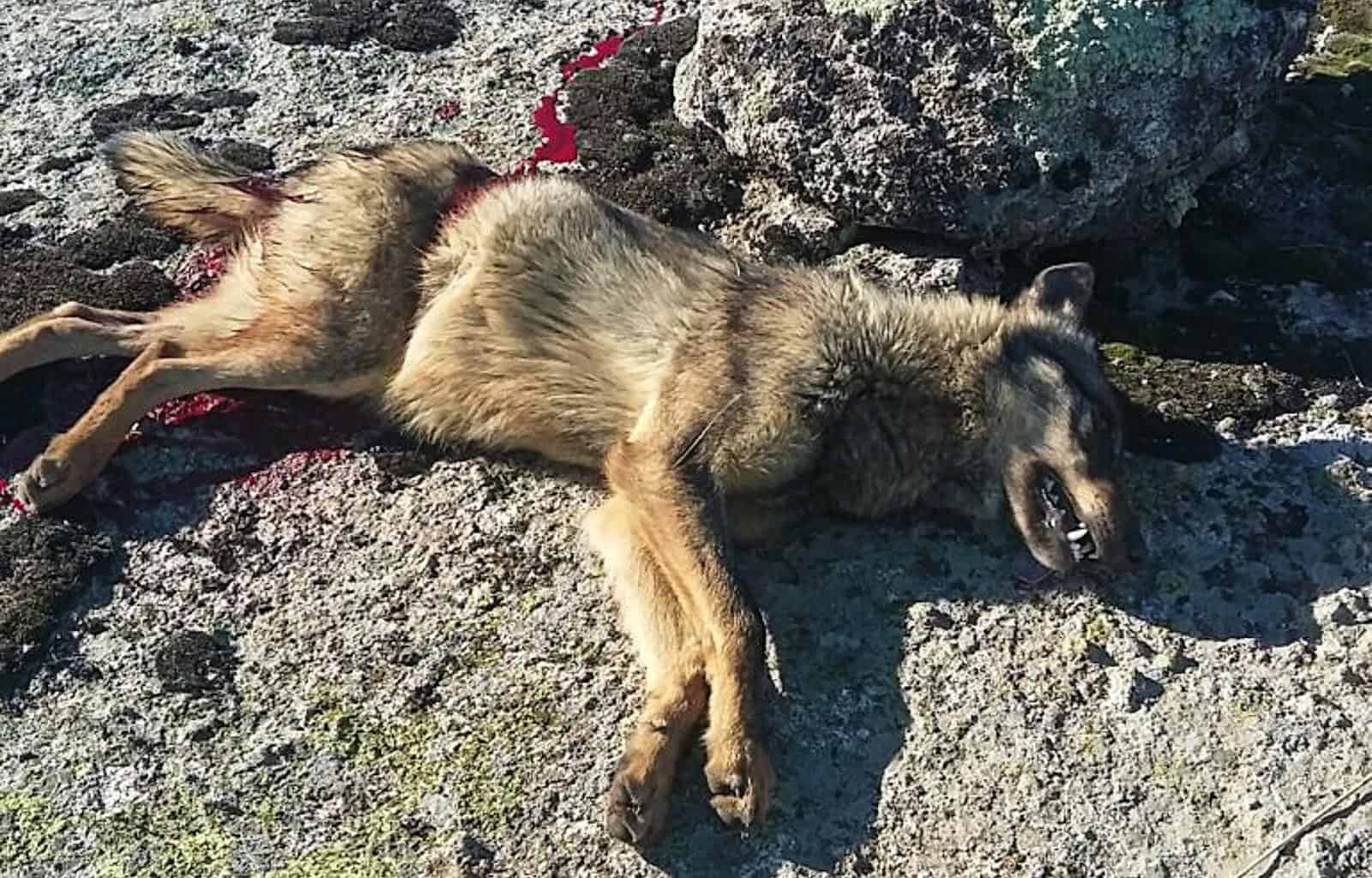
Wolf hunting Spain 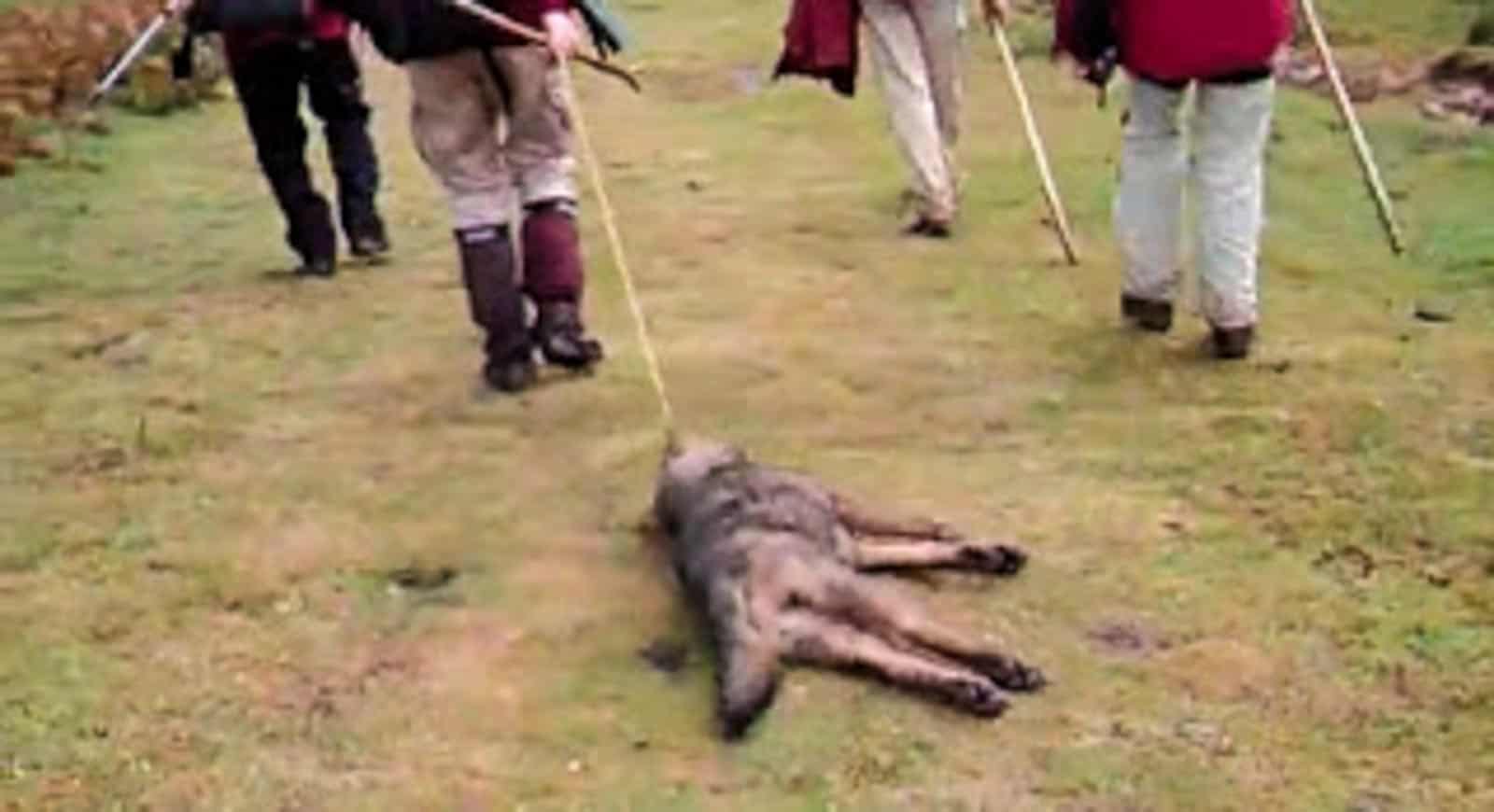
Legal wolf hunting in Spain 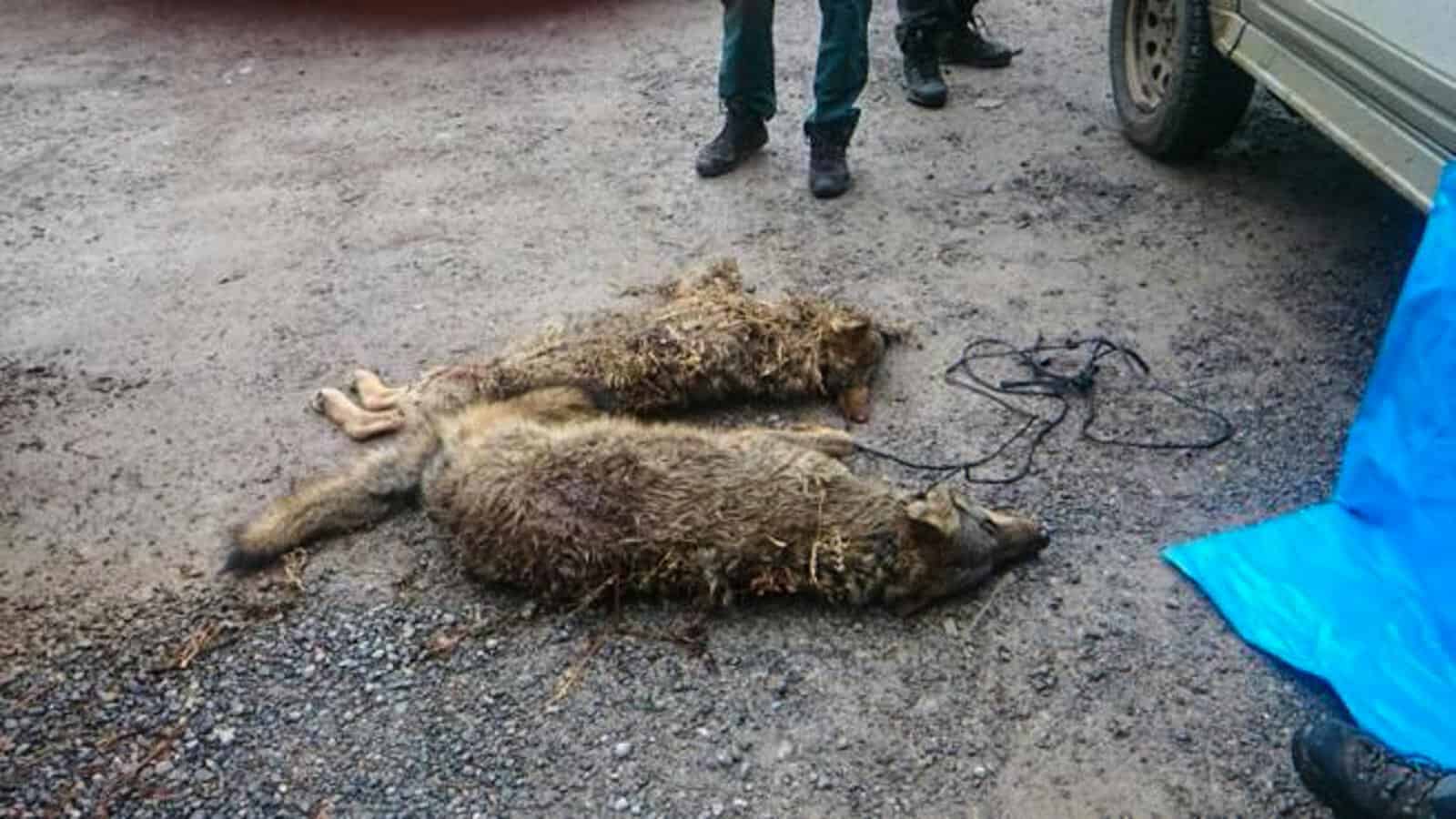
Wolf hunting Spain 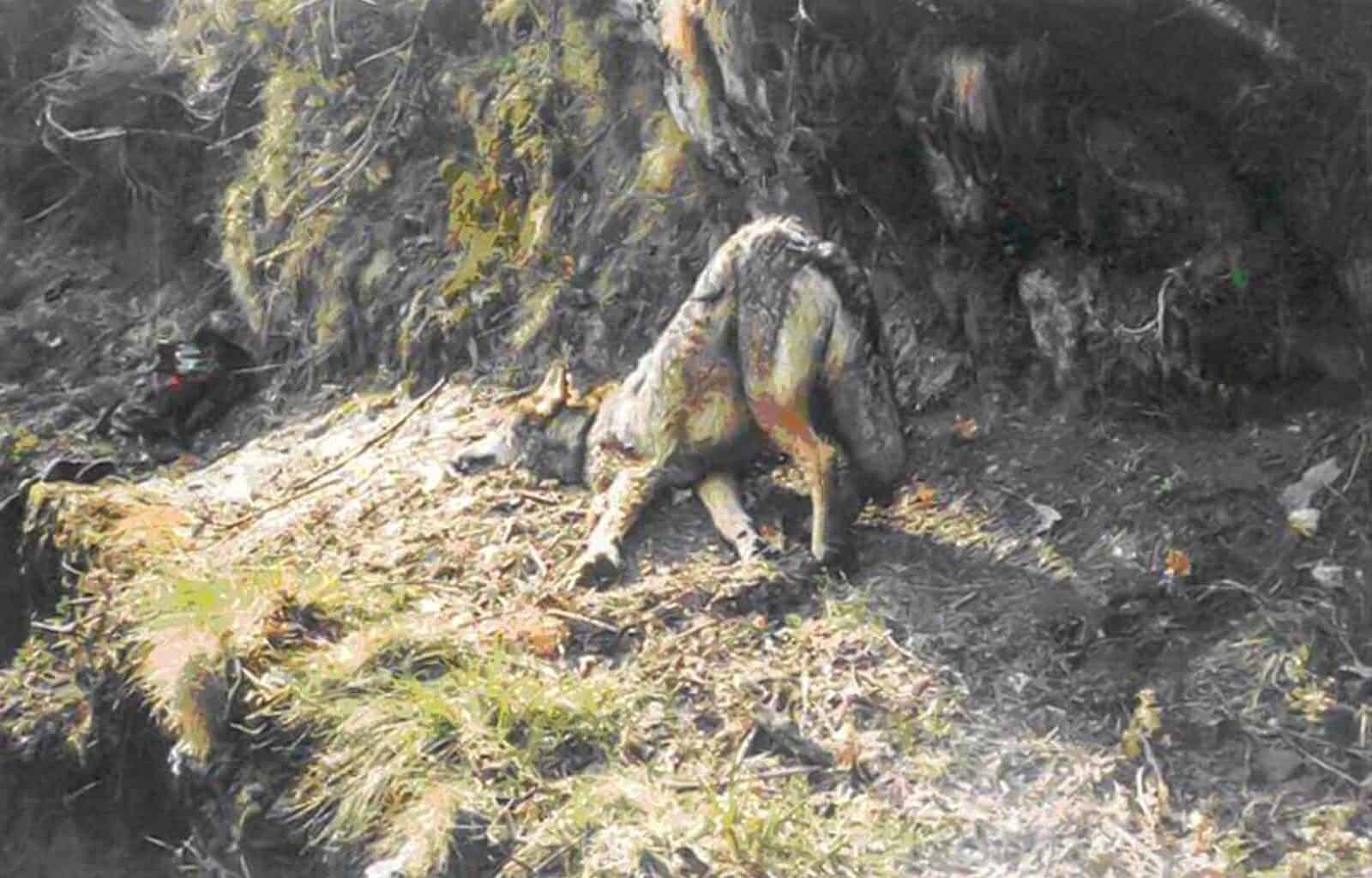
Wolf hunting Spain
Fragmented management leads to fragmented populations
Management plans are arranged at regional level in Spain, which makes it impossible to have a unified conservation plan for the entire population. This is even more difficult because different regions list the wolf in different annexes of the Habitats Directive, and thereby have different protection status. Castilla y Lion is one of the places where hunters killed most wolves. Due to many efforts from wolf conservationists like ASCEL, there is now finally a ban on the traditional wolf hunt in Castilla y Lion for 2018-2019. Regional governments will nevertheless continue to get the culling approved in court.

Finding a coexistence
Also in the Asturias, in northern Spain, hunters are killing wolves annually. Regional governments and politicians use the culling as an excuse to increase acceptance for wolves among the public. Instead, culling leads to opposite effects, as researchers showed that poaching increased. To ensure a sustainable future of wolf populations, implementing effective livestock protection measures is much more effective. Unfortunately, proper livestock management in the Asturias is not a priority for many farmers.
The study shows that policy changes can reduce the pressure on the Iberian wolf population, to increase its status. It would allow the population to explore new territories and allow to connect with populations north of the Pyrenees. This will prevent long-term genetic inbreeding that would otherwise lead to disappearance of the Iberian wolves forever.
Read more about the study here.







